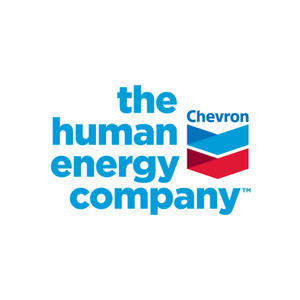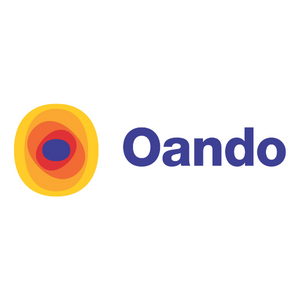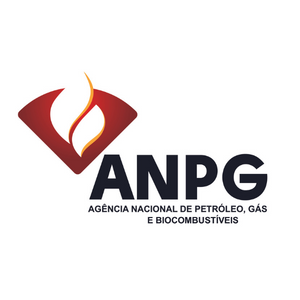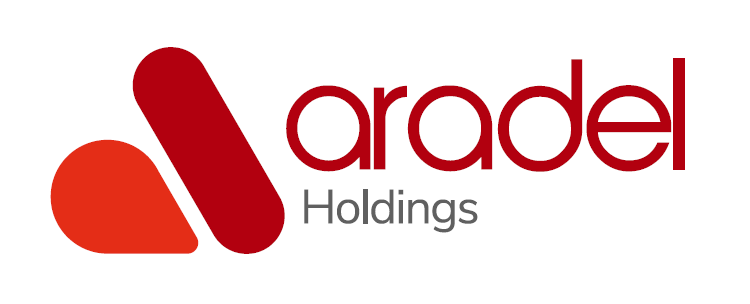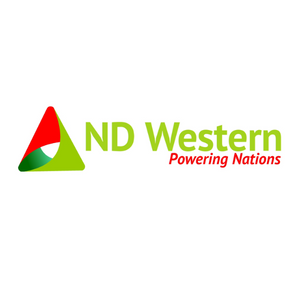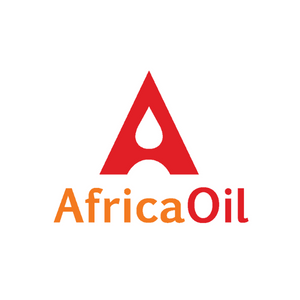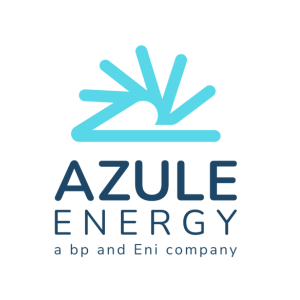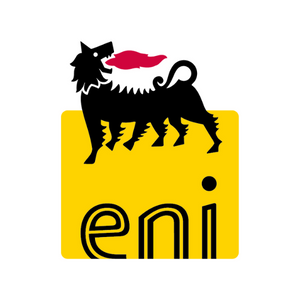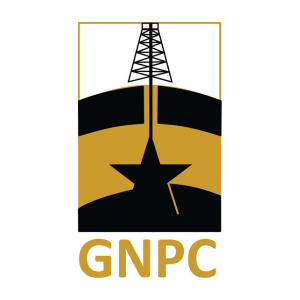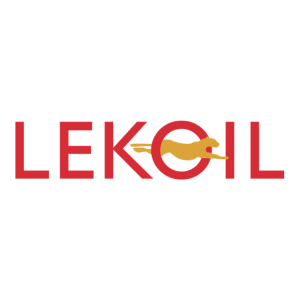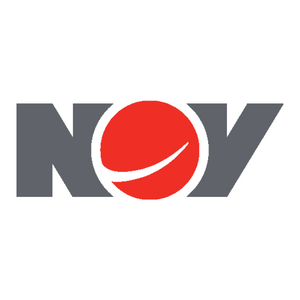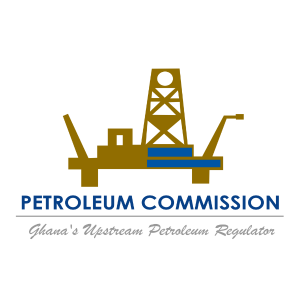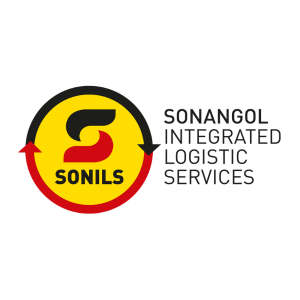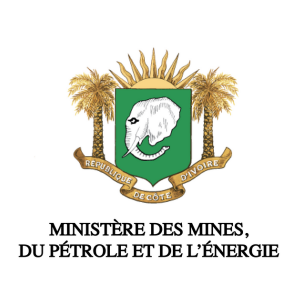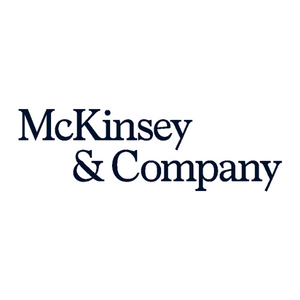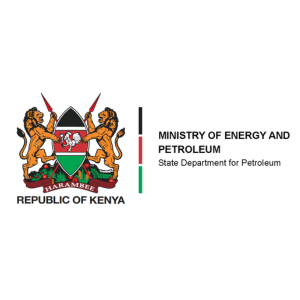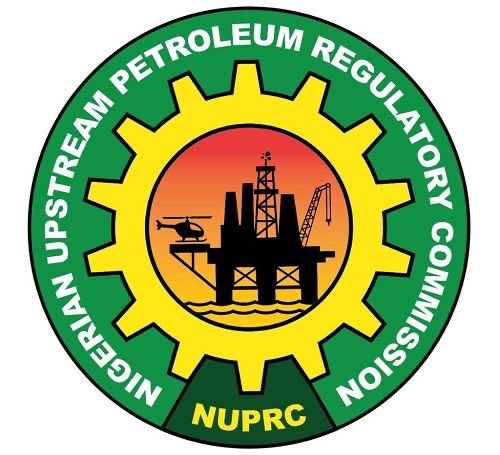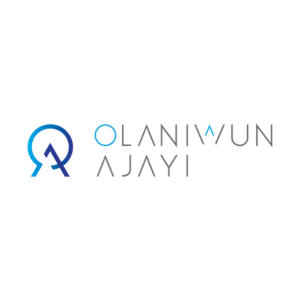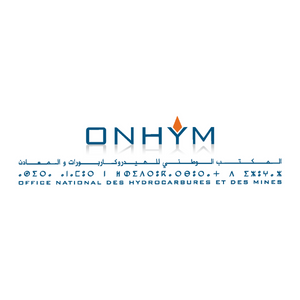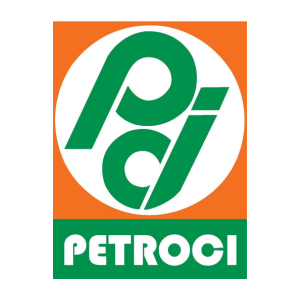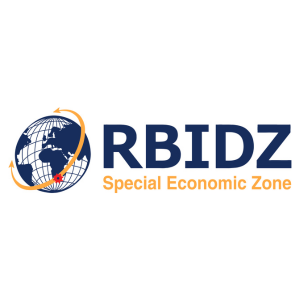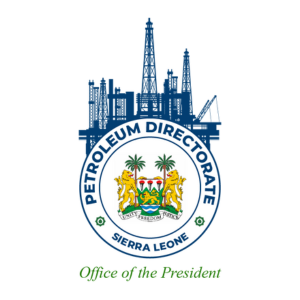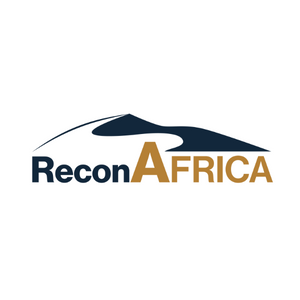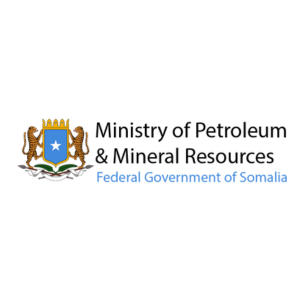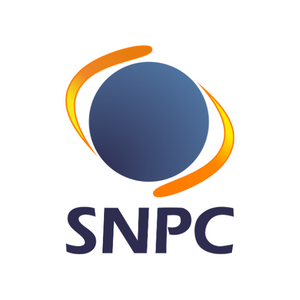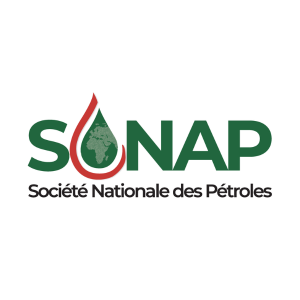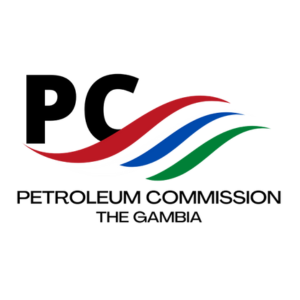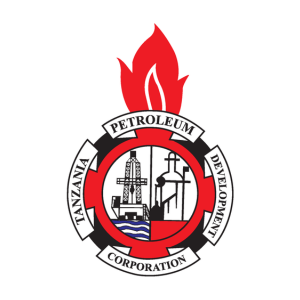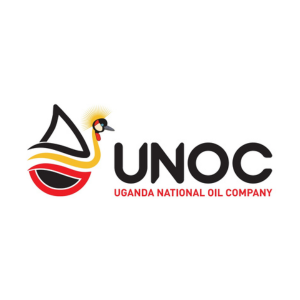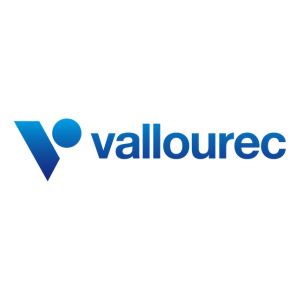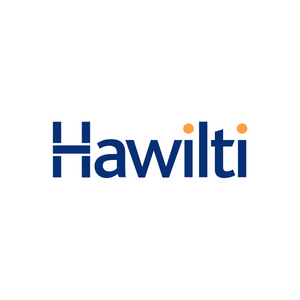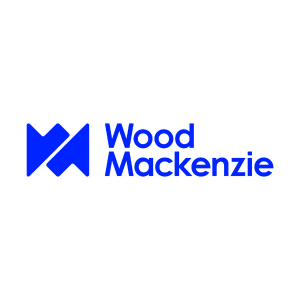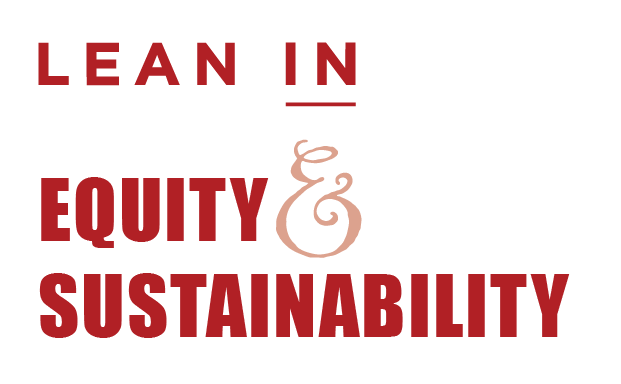Interview with Martin Kavanagh, Partner at Herbert Smith Freehills LLP
Martin is a partner at international law firm and Africa Oil Week sponsor Herbert Smith Freehills LLP. He is the co-Head of the Africa practice group and leads the firm's energy, natural resources and infrastructure finance team in London.
What is driving foreign investment into Africa?
There are a few factors which are driving investment within Africa in my view:
The rise of viable domestic companies within Africa for whom investment on the continent is an obvious next step. If you look at recent large projects on the continent there are an increasing number (like Dangote's refinery) where domestic players are to the fore.
The second factor is the returns available and the willingness of foreign investors to take "Africa risk" in order to obtain returns that are not available in developed markets. If you look at investments by private equity such as Carlyle, Trident and others, you see that the returns are much higher than they could achieve in more traditional target markets.
There are an increasing number of jurisdictions where risks are being moderated to a level that becomes attractive to a broader range of traditional investors. If you look at the road infrastructure market in Africa, we are seeing companies which traditionally invest in European projects starting to look at projects in places like Uganda, Kenya, Senegal and elsewhere alongside indigenous investors because the risks and sophistication in those markets is moving to a point where it is at least comparable to that in so-called developed markets.
What hotspots in Africa should financiers be considering right now and why?
For financiers the considerations are slightly different (but linked) to those of equity investors. As financiers, private parties may be able to piggyback off the risk mitigation provided by multilateral lenders. In terms of specific jurisdictions, people will always watch Nigeria and Ghana due to their size and influence. We think that parts of west Africa, such as Senegal and Cote d'Ivoire, are prime for investment.
Meanwhile in east Africa, Kenya and Uganda have solved many of their power problems and are looking now to grow infrastructure and real estate development. Ethiopia and Rwanda are two other countries which are keen to attract investment, whereas in the southern region we expect Zimbabwe and Mozambique to continue to be of interest.
Is Africa still considered a high-risk investment and what needs to be done to reduce the risk? How are governments aligning with the private sector to reduce the risk?
On the whole Africa is still considered to be high-risk. The difference over the last five years is that more countries have moved from high risk to medium risk and some have moved from medium risk to moderate risk. As time passes, we think this trend will continue.
In reality, the key risk that investors still face is government behaviour and political risk. Investors can deal with risk if they know what it is (whatever the level), but there are far too many examples of cases where the risk profile changes due to governments changing policy and reneging on deals they have signed. Simply having another investor come along and suggest to a government that they can do something cheaper is not a reason to renege on a previously agreed deal.
Obviously, there is complexity in this issue, but good governance is the key to ensuring an investor-friendly environment. Consistency and predictability in policy is key. Taking time to form a view on policy and then keeping with that policy is the bedrock of creating and investor-friendly environment. Far too often we see governments leaping at the latest opportunity presented to them and seeking to walk away from previously agreed deals.
What can operators do to make themselves and their projects more attractive to investors?
This is a simple one in my view; developers need to create projects which are stable, and which are based on sounds principles. For example, no investor wants a deal which may have notionally high returns but which the government doesn't really support, or which was signed in a way which could later be questioned, or which is unaffordable for the country involved. Investors want deals with solid fundamentals and fair return, but which are sustainable.
What is driving foreign investment into Africa?
There are a few factors which are driving investment within Africa in my view:
The rise of viable domestic companies within Africa for whom investment on the continent is an obvious next step. If you look at recent large projects on the continent there are an increasing number (like Dangote's refinery) where domestic players are to the fore.
The second factor is the returns available and the willingness of foreign investors to take "Africa risk" in order to obtain returns that are not available in developed markets. If you look at investments by private equity such as Carlyle, Trident and others, you see that the returns are much higher than they could achieve in more traditional target markets.
There are an increasing number of jurisdictions where risks are being moderated to a level that becomes attractive to a broader range of traditional investors. If you look at the road infrastructure market in Africa, we are seeing companies which traditionally invest in European projects starting to look at projects in places like Uganda, Kenya, Senegal and elsewhere alongside indigenous investors because the risks and sophistication in those markets is moving to a point where it is at least comparable to that in so-called developed markets.
What hotspots in Africa should financiers be considering right now and why?
For financiers the considerations are slightly different (but linked) to those of equity investors. As financiers, private parties may be able to piggyback off the risk mitigation provided by multilateral lenders. In terms of specific jurisdictions, people will always watch Nigeria and Ghana due to their size and influence. We think that parts of west Africa, such as Senegal and Cote d'Ivoire, are prime for investment.
Meanwhile in east Africa, Kenya and Uganda have solved many of their power problems and are looking now to grow infrastructure and real estate development. Ethiopia and Rwanda are two other countries which are keen to attract investment, whereas in the southern region we expect Zimbabwe and Mozambique to continue to be of interest.
Is Africa still considered a high-risk investment and what needs to be done to reduce the risk? How are governments aligning with the private sector to reduce the risk?
On the whole Africa is still considered to be high-risk. The difference over the last five years is that more countries have moved from high risk to medium risk and some have moved from medium risk to moderate risk. As time passes, we think this trend will continue.
In reality, the key risk that investors still face is government behaviour and political risk. Investors can deal with risk if they know what it is (whatever the level), but there are far too many examples of cases where the risk profile changes due to governments changing policy and reneging on deals they have signed. Simply having another investor come along and suggest to a government that they can do something cheaper is not a reason to renege on a previously agreed deal.
Obviously, there is complexity in this issue, but good governance is the key to ensuring an investor-friendly environment. Consistency and predictability in policy is key. Taking time to form a view on policy and then keeping with that policy is the bedrock of creating and investor-friendly environment. Far too often we see governments leaping at the latest opportunity presented to them and seeking to walk away from previously agreed deals.
What can operators do to make themselves and their projects more attractive to investors?
This is a simple one in my view; developers need to create projects which are stable, and which are based on sounds principles. For example, no investor wants a deal which may have notionally high returns but which the government doesn't really support, or which was signed in a way which could later be questioned, or which is unaffordable for the country involved. Investors want deals with solid fundamentals and fair return, but which are sustainable.
| Martin will be speaking in the Finance Forum at Africa Oil Week 2019 in a session entitled “Devising a strategy to help your business secure development or export credit finance”. You can view the full Event Programme below. | 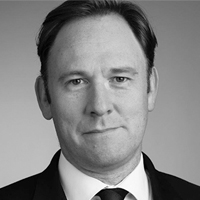 |

